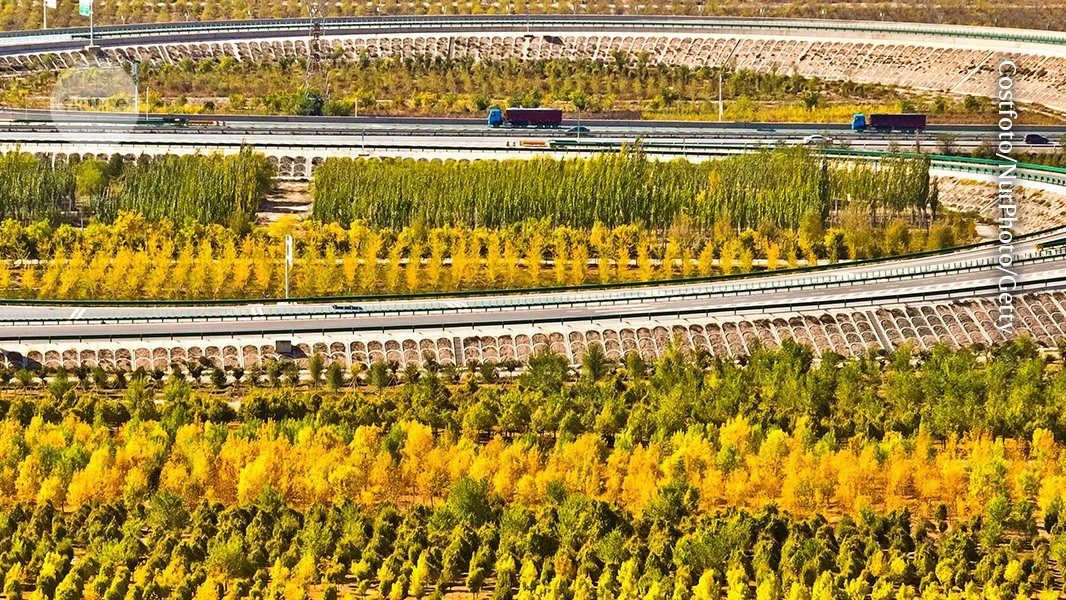On Natural Capital: The Value of the World Around UsPartha DasguptaWitness (2025)
An economist might celebrate a nation achieving record economic growth on one day, yet overlook a coral reef lying bleached and lifeless on another. This contradiction must be challenged, writes economist Partha Dasgupta in his elegant account of why the global economic system is exploiting, rather than sustaining, life on our planet.
On Natural Capitalrecaps the roaring economic advances of the past 75 years, including improved life expectancies and education and fewer people living in poverty. But it also shares how economic progress has benefited from the exploitation of our planet: an ecological debt that conventional accounting leaves off the balance sheet.
How to build nature back better — read this manual
the و economic و on – تفاصيل مهمة
Dasgupta starts by vividly portraying the essential workings of Earth’s life-support systems and how living processes regulate the climate, replenish soils and sustain food webs. He notes that one-third of the planet’s remaining wetlandswhich are crucial for filtering nutrients, providing flood protection and storing carbon, have been lost between 1970 and 2015 owing to infrastructure construction, urban expansion and other human activities. He also describes how deforestation can create savannah-like conditions in parts of the tropics, because the disruption of moisture-recycling processes decreases rainfall and ecological productivity.
Next, Dasgupta examines why economic principles have long treated nature’s functions as background scenery. He explains that this omission is rooted in the mid-twentieth-century origins of growth and development economics, in which economists constructed models that explained output using only human labour and skills, and physical goods.
This was a reasonable assumption back when natural resources seemed abundant, the world wasn’t pressing against planetary limits and forests, soils and fisheries seemed too plentiful to constrain growth. What began as a practical simplification evolved into a blind spot.
and و the و of – تفاصيل مهمة
Uneasy trade-offs
By stitching these two narratives together, Dasgupta succeeds in portraying woodlands, watersheds and wild species as bona fide assets, the depletion of which undermines the prosperity statistics that governments use to track and celebrate progress. He solidifies this narrative by estimating that humanity’s collective demand on nature now exceeds the planet’s regenerative capacity by around 70%. Effectively, this means that, since the early 1970s, we have been living off the planet’s ‘capital’ rather than the accrued ‘interest’, jeopardizing our biosphere’s solvency.
Beyond growth — why we need to agree on an alternative to GDP now
As Dasgupta’s writing flows between nature’s processes and economic principles, he stresses the uneasy trade-offs that societies navigate daily. Each tonne of fish landed or cubic metre of water taken for irrigation is a draw on assets that must remain intact to avoid compromising future yields of food, income and ecological stability.
to و of و on – تفاصيل مهمة
Dasgupta reminds us that these choices are not simply about extraction but also about stewardship. Overfishing might boost a nation’s gross domestic product for one fiscal quarter, yet deplete the reproductive stock that sustains the following year’s catch. Likewise, draining wetlands to generate farmland might bring an immediate harvest, yet erode the flood protection and nutrient-cycling processes that make such agriculture possible.
Sustainable forestry management preserves biodiversity and allows forests to regenerate.Credit: Alexander Manzyuk/Anadolu Agency/Getty
The constant tension between nature’s bounty and the ecological conditions that make that bounty possible is revealed brilliantly by Dasgupta but left out of the accounting practices that currently define progress. As a result, society perceives the conversion of natural resources as costless profit and celebrates growth figures, but the natural systems that made that growth possible decline quietly.
Dasgupta’s call to put nature on the balance sheet is timely precisely because it indicates a rapidly expanding movement in policy that is beginning to give the natural world the accounting treatment it has often lacked.
the و that و and – تفاصيل مهمة
Challenges ahead
Countries such as the Netherlands, Canada and Colombia are developing or trialling natural-capital accounting and statistical frameworks that treat ecosystems as assets: measuring their stock (for example, wetlands, forests and soil microorganisms), tracking their depreciation (or appreciation) and defining the ‘interest’ they generate, such as flood protection and carbon storage.
Environmental politics is doomed to fail — unless we tell better stories
In the corporate domain, the Taskforce on Nature-related Financial Disclosures is a market-led, government-supported and science-based global initiative that encourages companies to include nature in their financial reports. It provides firms with a framework for disclosing nature-related risks, including biodiversity loss, as well as dependencies, such as supply-chain access to clean water.
to و as و is – تفاصيل مهمة
Dasgupta highlights both the promise of natural-capital accounting as well as the areas that need improvement. Markets are finally aligning with the reality that woodlands, watersheds, wildlife and other aspects of the natural world are not ‘free’ inputs but assets, and their degradation erodes prosperity. The gaps, he emphasizes, lie in the valuation of natural systems (how to reliably price ecosystem services), governance (who owns and manages those assets) and integration (how to incorporate natural-capital metrics into macroeconomic indicators).
Disclaimer: This news article has been republished exactly as it appeared on its original source, without any modification. We do not take any responsibility for its content, which remains solely the responsibility of the original publisher.
Disclaimer: This news article has been republished exactly as it appeared on its original source, without any modification.
We do not take any responsibility for its content, which remains solely the responsibility of the original publisher.
Author: uaetodaynews
Published on: 2025-11-24 13:56:00
Source: uaetodaynews.com
